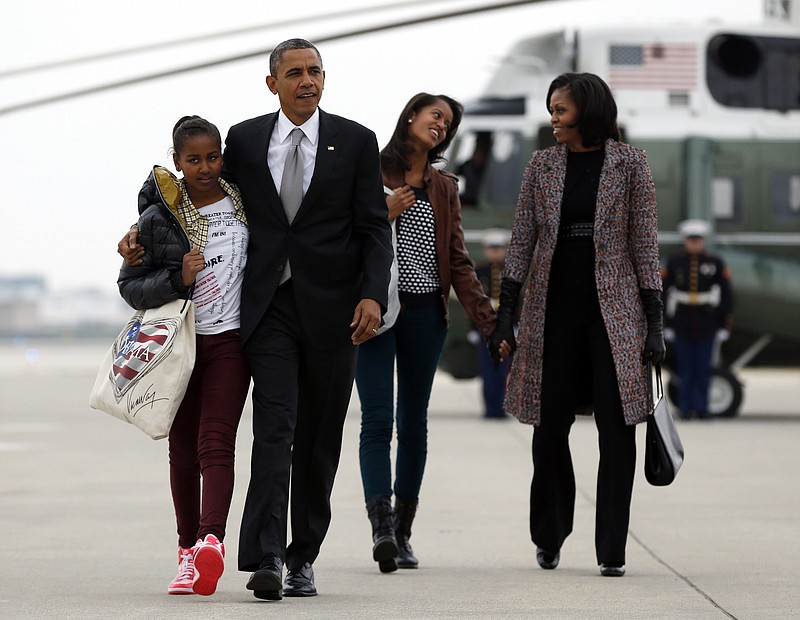Barack Obama won the U.S. presidency by the highest (2008) and second-highest (2012) popular vote margins in national election history.
Conor Maguire, the Republican National Committee's external support director, told the News Tribune Tuesday that, especially after the 2012 election, "We saw that the Obama campaign built a great machine; we took a look at where our shortcomings were.
"We had a data shop and we did a lot of good work - but we really weren't utilizing that data in the same way the Obama campaign was."
So, he said, with two consecutive national election losses, the GOP determined to expand its use of data collection and "apply more resources to it, to be able to take advantage of it."
Maguire oversees the GOP's data science and business intelligence teams, as well as a separate team of analysts who work with state party officials around the country.
Right now, he and two others are traveling the country, visiting with state party officials and the news media to give an "idea about our data program, mixed with political strategy and what to look for in 2018," Christiana Purves, the RNC's regional communications director, explained.
The RNC has spent $175 million since 2013 on data compiled over the last two decades, as well as new equipment and political planning, Maguire said.
"Decisions are made, resources are allocated, based on what data contributes to the conversation," he said. "We end up with about 3,000-4,000 data points on every registered voter in Missouri" - and every other state, as well.
Much of the information is the same as other political parties or commercial companies can buy.
But the data is analyzed in ways that, hopefully, help party leaders at all levels spend money wisely in support of the party's candidates, including their use of print, broadcast and social media.
Polling is a part of the data collection, Maguire said, but the data also is collected through surveys and information on voting patterns from previous elections.
Mark Jefferson, a GOP regional political director based in Wisconsin, noted: "It's a subtle but, I think, very significant difference between traditional polling and what we do.
"And the campaign that's using it properly is using both."
Maguire said the information often is used to help target a specific "group of people that we actually need to move" - and that targeted group may change from one part of a community or state to another.
"In Missouri, we're looking at about 60 models we're running right now," Maguire said. "We have this down to every single person - so we can build up any district we want."
More than a year before the 2018 mid-term elections, the GOP is working to build support for winning candidates - even before they know who their nominees might be.
"We don't know who the (GOP) nominee's going to be for the U.S. Senate campaign," Jefferson said, "but that doesn't necessarily concern us right now.
"We're going in monthly, doing voter score refreshes, analyzing trends and finding out who those high-value voters are - and then we're going to organize on the ground around those people."
Obviously, the Democrats and others want to achieve similar successes at the Republicans' expense - but the GOP team visiting Missouri this week think they have built a better analysis system and say it already has worked in recent special elections.
Missouri is one of about two dozen states where data collection is complicated because voters don't register as being a part of one party or another, and no information is collected about which party's ballot a voter takes in primary elections.
But the data collection uses various surveys to gather information.
"You want to have an objective answer to the questions," Jefferson said. "You're not trying to lead people to one answer or the other - you want the most accurate data possible."
Party officials may use the collected information to target messages tying an opponent to an unpopular idea or to another unpopular lawmaker.
But that can't be the goal of the initial information gathering, he said.
Jefferson also noted the main focus is general elections and special elections, where Republicans are facing opponents from different parties.

